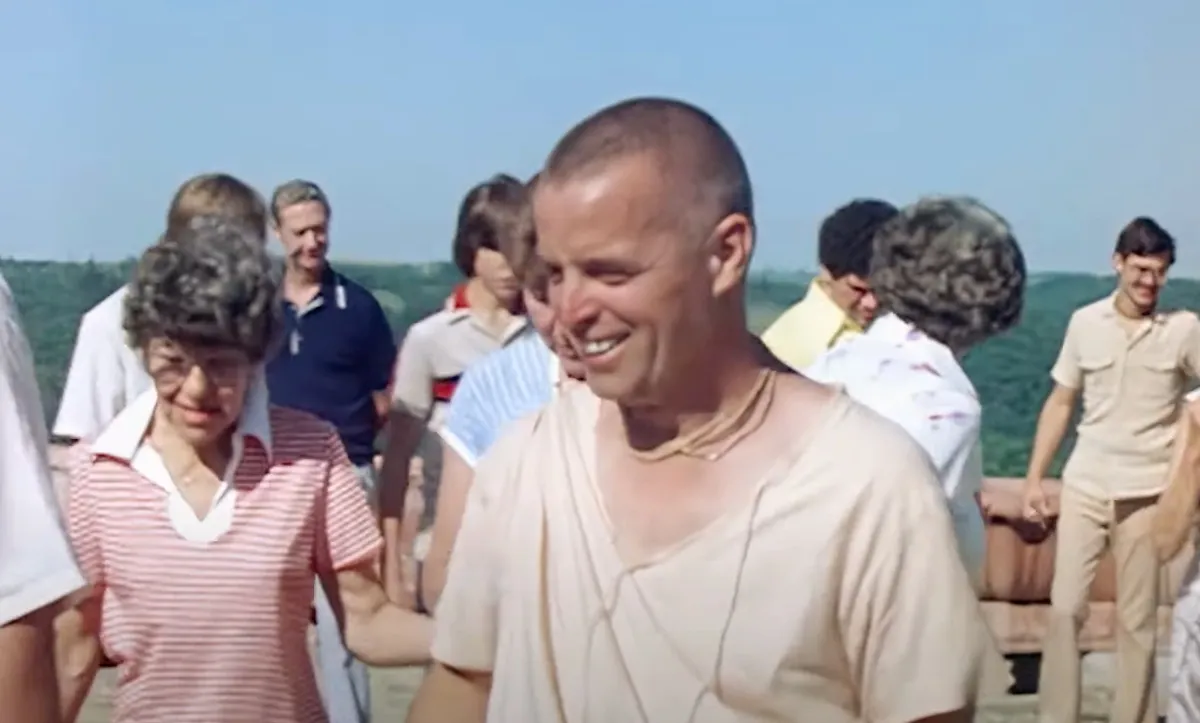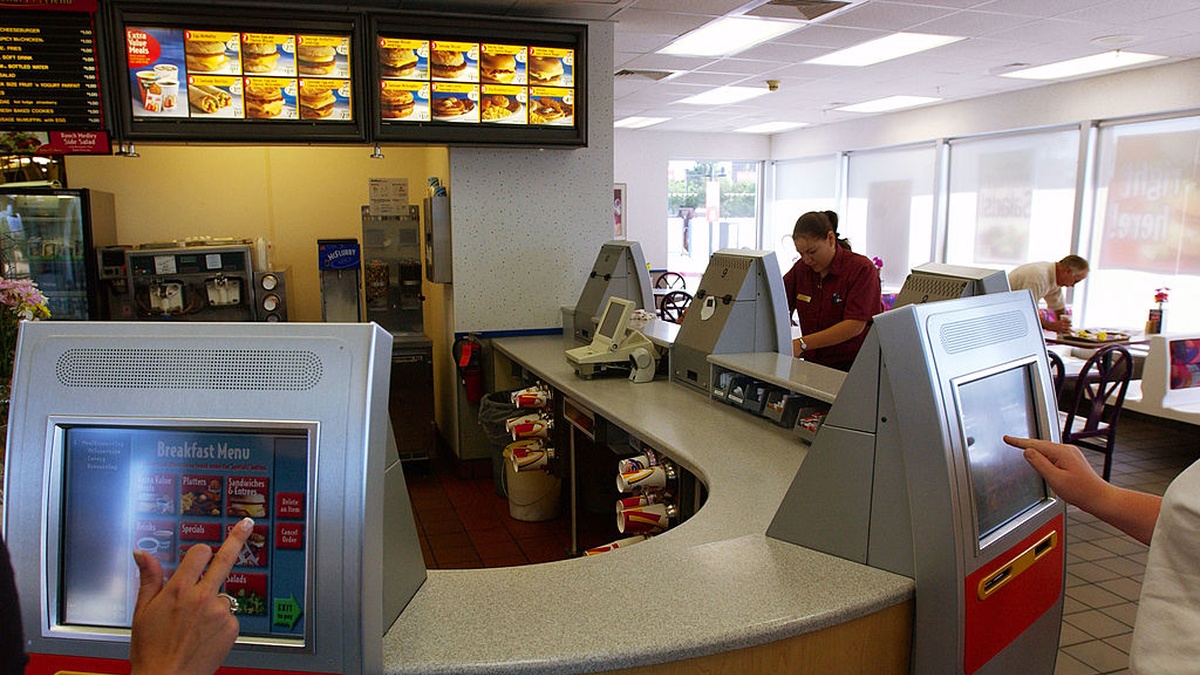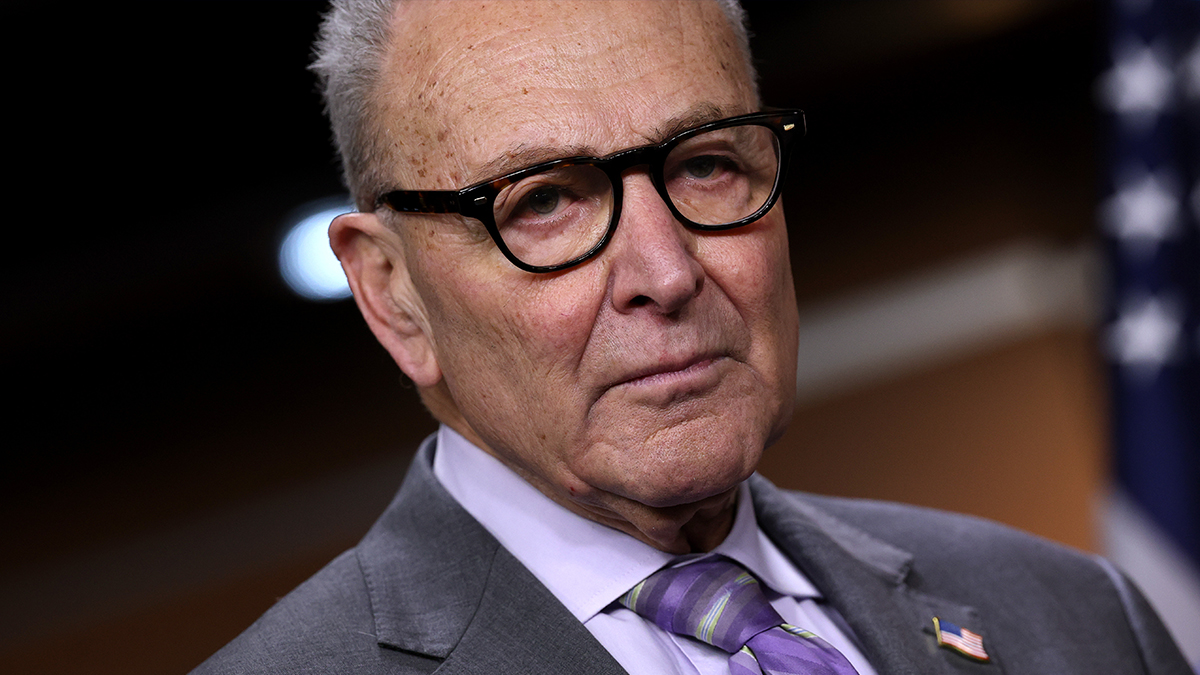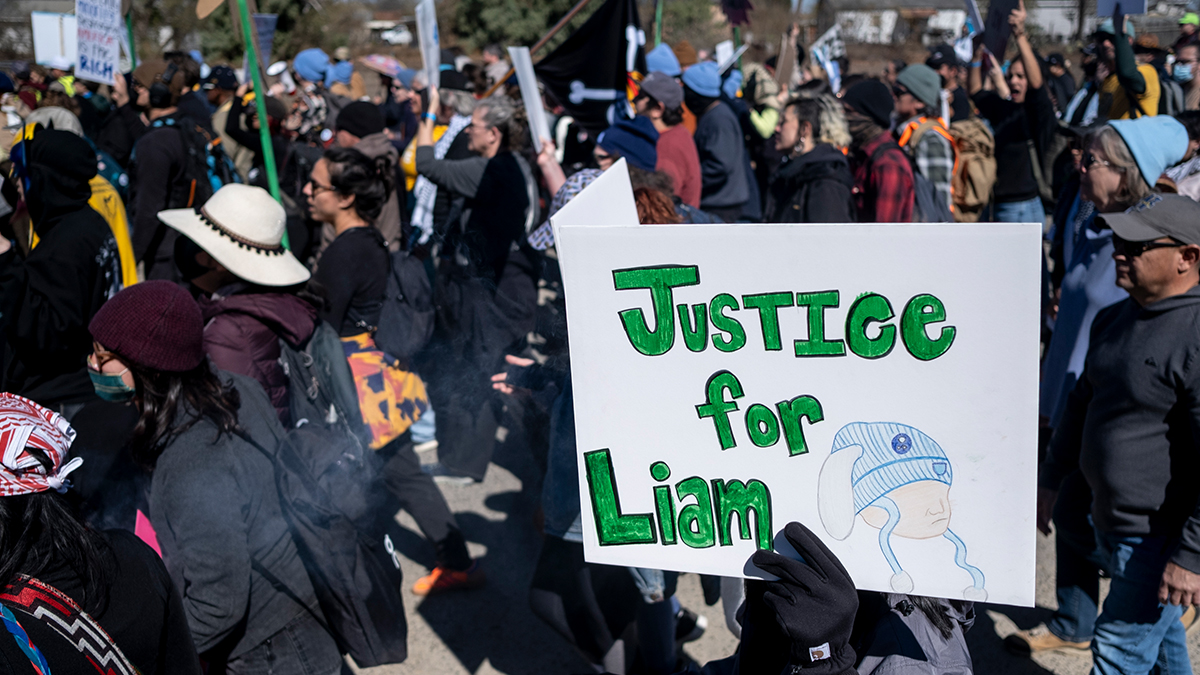Hare Krishna is an offshoot of the Hindu religion closely associated in the U.S. with the 1960s and `70s. Decades later, many wonder who the Hare Krishnas were, and whether or not the group still exists.
Interest in the Hare Krishnas peaked around the three-part Peacock documentary Krishnas: Gurus. Karma. Murder, focused on a controversial period in the spiritual movement. During this time, several murders and crimes were linked with Krishna leaders at the large West Virginia New Vrindaban Hare Krishna community. As a result, New Vrindaban leader, Swami Bhaktipada, born Keith Ham (pictured) was sentenced to prison in the 1990s. Bhaktipada died in 2011, NBC News reports.
Characterized by distinctive orange-colored robe garments and shaved heads, Hare Krishna and its followers have a long history, however, beyond the hippie movement in which Hare Krishna beliefs gained a foothold in America. Here’s a closer look at who the Hare Krishnas were, what they believe, and whether or not Hare Krishnas are still around today.
Who were the Hare Krishnas?
As mentioned, Hare Krishna is a spiritual movement based on Hinduism. Along with reincarnation, one Hare Krishna core belief is that everything has a soul. Although Hare Krishna took off the U.S. with the establishment of the International Society of Krishna Consciousness (ISKCON) in 1966, Hare Krishna dates to 16th century Bengal, now known as Bangladesh or the Indian state of West Bengal, according to BBC Creative Diversity.
Hare Krishna followers are vegetarian, and several aspects of the spiritual belief resonated with the philosophy of hippies, among them opportunities for women to become priests, NPR explains. Though monotheistic, other core tenets of Hare Krishna belief involve a more inclusive definition of God, so Christians, Jews, and Islamic faithful can exist side-by-side. Krishna, however, is the one-true God in the belief system.
Differentiating Hare Krishna from the “Summer of Love” ethos of the ‘60s, Hare Krishnas abstain from alcohol, drugs, and extramarital sex. Still, Hare Krishna appealed to the countercultural sensibilities of the ‘60s and ‘70s, and bald-headed, robed groups of believers spreading the word while singing and chanting at airports, in particular, were commonly sighted at that time.
Do Hare Krishnas still exist?
Today, Fewer groups of Hare Krishnas may be seen in American airports and on city streets, but as The Washington Post reported in 2016, the religion is still alive and well in the U.S. and other places, particularly among migrants from India. According to Britannica, there are now just a few thousand official members of the religion, but hundreds of thousands more worship and follow its teachings.
In the meantime, a dark side of the Hare Krishna establishment has emerged, with among other examples, abuse at Hare Krishna boarding schools, The New York Times reported in 1998, and the murder and other crimes committed at the New Vrindaban community in West Virginia, as covered in the Peacock Krishnas: Gurus. Karma. Murder documentary. Hare Krishnas in the U.S. have also faced allegations of cult-like policies.
Now, some Hare Krishnas in the U.S. seek to atone for the misdeeds of the past, as New Vrindaban communications representative, Anuradha Dasi told Oxygen True Crime. “I’m very happy to be part of the history of reparation, I’m very happy to be becoming back from betrayal. We’re not going to deny what happened, but do our very, very best to make sure it doesn’t happen again,” Dasi said.











Published: Nov 2, 2023 02:54 pm